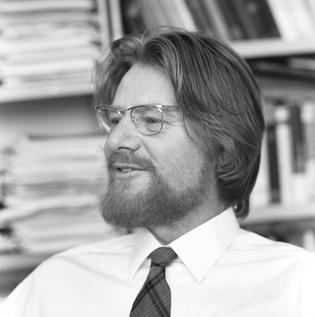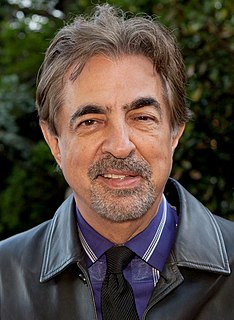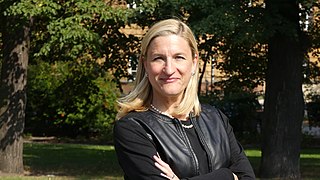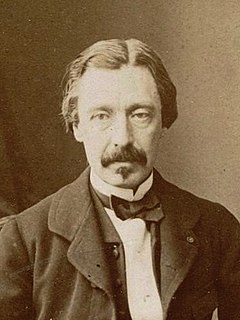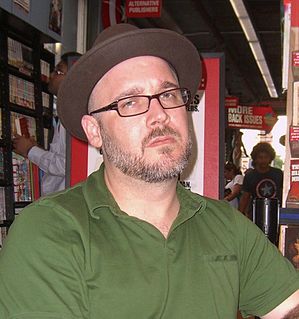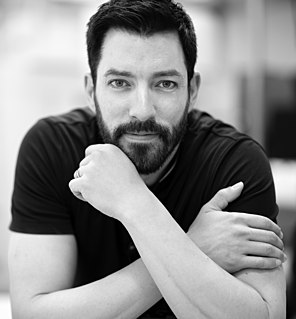A Quote by Steven Chu
For the better part of my last semester at Garden City High, I constructed a physical pendulum and used it to make a "precision" measurement of gravity. The years of experience building things taught me skills that were directly applicable to the construction of the pendulum. Twenty-five years later, I was to develop a refined version of this measurement using laser-cooled atoms in an atomic fountain interferometer.
Quote Topics
Applicable
Atomic
Atoms
Better
Building
Building Things
City
Constructed
Construction
Develop
Directly
Experience
Five
Five Years
Fountain
Garden
Gravity
High
Laser
Last
Later
Make
Me
Measurement
Part
Pendulum
Physical
Precision
Refined
Semester
Skills
Taught
Things
Twenty
Twenty-Five
Used
Using
Version
Were
Years
Years Of Experience
Related Quotes
The concept of 'measurement' becomes so fuzzy on reflection that it is quite surprising to have it appearing in physical theory at the most fundamental level ... does not any analysis of measurement require concepts more fundamental than measurement? And should not the fundamental theory be about these more fundamental concepts?
For years I taught in universities and high schools for classes of 30 or 35 students. Now I teach in very large venues with thousands of people in the audience. I used to have notes. Now I just let go and let God. I just allow it to come, and I didn't do that before. I never even used the word "God" for twenty or twenty-five years. Now it just rolls out of my mouth all the time.
Science gains from it [the pendulum] more than one can expect. With its huge dimensions, the apparatus presents qualities that one would try in vain to communicate by constructing it on a small [scale], no matter how carefully. Already the regularity of its motion promises the most conclusive results. One collects numbers that, compared with the predictions of theory, permit one to appreciate how far the true pendulum approximates or differs from the abstract system called 'the simple pendulum'.
It's a lot easier to make a living as a writer in Hollywood than it was probably 10 years ago, though there's still just as many unemployed people in Hollywood as there ever has been, but there's so many more avenues to sell things, because of digital, and Amazon, and Netflix, and all these different platforms. That's crazy and exciting in a creative way, and we'll see where that all stands five years from now. But on the corporate side, I still see that pendulum swinging back in that other direction, which is a little not comforting.



